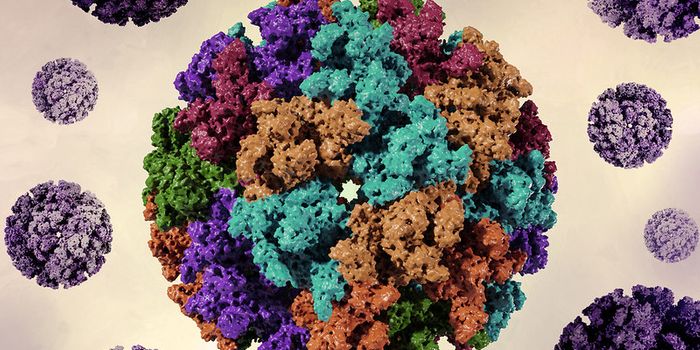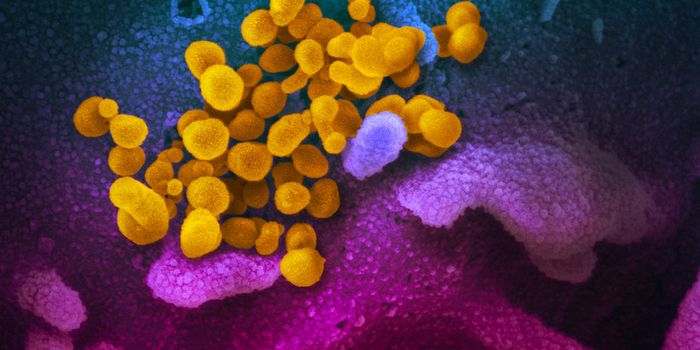Clinical Trial Suggests New Antibody Can Prevent Malaria
Malaria is a leading cause of death among children in sub-Saharan Africa, and is to blame for over 600,000 deaths worldwide every year. But scientists have long been working to develop better preventive treatments for this disease, which is transmitted by mosquitoes carrying a parasite that causes malaria. Preventing mosquito bites has been a main way to stop the disease for many years. New research has indicated that a monoclonal antibody could protect against malaria. This study, which was reported in The Lancet Infectious Diseases, was a small clinical trial showing that this antibody can safely prevent malaria with minimal side effects even when people are bitten by infected mosquitoes.
In this study, 38 volunteers between the ages of 18 and 59 (who had not been previously exposed to malaria) were recruited. This was a Phase 1, double-blind, placebo-controlled trial in which participants either received a placebo, or one dose of the monoclonal antibody MAM01. Several months after getting the anitbody doses, the participants were subjected to a controlled environment where they were exposed to mosquitoes carrying the parasite that causes malaria, and bitten by the bugs.
None of the people who got the antibody at the highest dose went on to develop malaria, while all of those who got the placebo did.
Monoclonal antibodies (mAbs) are synthetic antibodies that are similar to those produced by the body during an immune response. MAM01 aims to bind to a part of a protein made by the malaria parasite, which rarely changes or evolves (this portion is said to be conserved). When the antibody binds to this location it stops the infection before it gets to the bloodstream.
"Despite major advances, malaria continues to devastate families and communities across Africa," said lead study author Professor Kirsten E. Lyke, MD, principal investigator at the University of Maryland School of Medicine's Center for Vaccine Development and Global Health (CVD). "This new monoclonal antibody could transform how we prevent malaria in young children and pregnant women. Unlike vaccines that may require multiple doses or boosters, a single injection of a long-acting antibody could provide immediate, months-long protection. It's a fundamentally different way to stop infection before it starts."
"The CVD research team is now exploring optimized dosing and cost-reduction strategies to make monoclonal antibody–based prevention feasible in malaria-endemic regions," said Mark T. Gladwin, MD, the University of Maryland School of Medicine Dean, among other appointments. "Testing of this preventive treatment has already started in young children in Uganda, based on the promising results from the first trial conducted here."
Sources: University of Maryland School of Medicine, The Lancet Infectious Diseases









